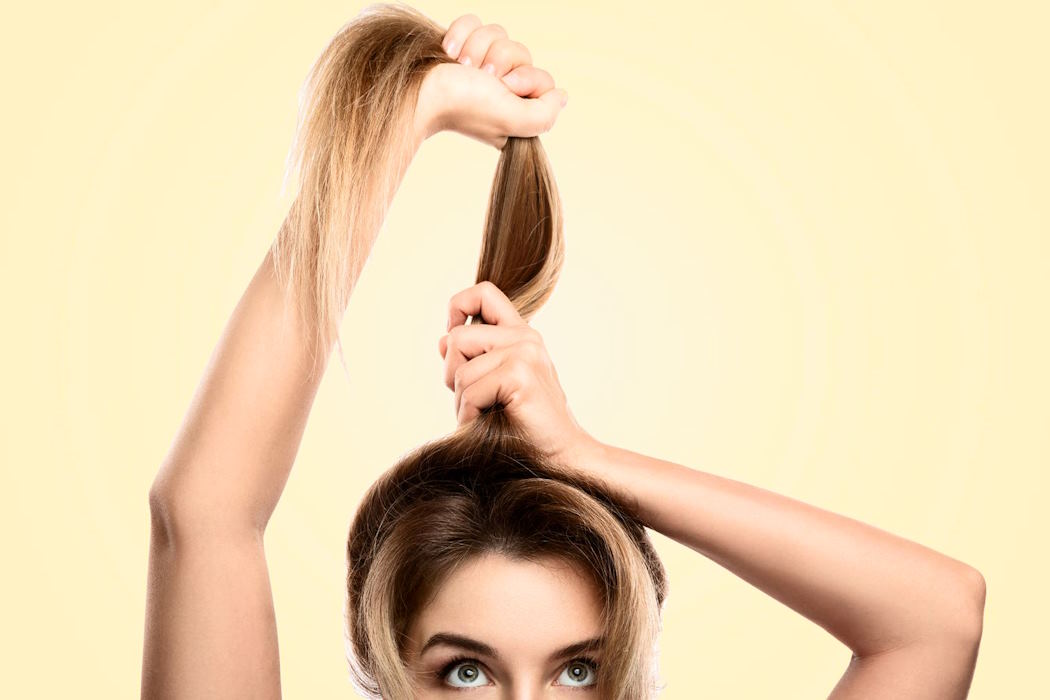Embarking on a journey to combat hair loss often leads individuals down a maze of countless products promising miraculous results. In the pursuit of regaining lost locks, the market inundates us with an array of products to stop hair loss, each claiming to hold the key to reversing the tide of thinning strands. However, amidst this sea of promises, it’s essential to delve deeper into the fundamental factors underlying hair health. Beyond the allure of quick fixes lies a profound connection between nutrition and the vitality of our crowning glory.
The Role of Nutrients in Hair Health
Essential nutrients play a pivotal role in supporting various bodily functions, including hair growth and maintenance. Among these nutrients, protein, vitamins, and minerals stand out as crucial contributors to hair health.
Protein: The Building Block of Hair
Hair is primarily composed of keratin, a type of protein. Thus, adequate protein intake is essential for promoting healthy hair growth and preventing hair loss. Protein-rich foods such as lean meats, fish, eggs, dairy products, and legumes provide the necessary building blocks for strong, resilient hair strands.

Vitamins and Minerals: Nourishment for Hair Follicles
Certain vitamins and minerals play key roles in supporting hair follicle function and promoting hair growth. These include:
- Vitamin A: Promotes the production of sebum, an oily substance that moisturizes the scalp.
- Vitamin C: A powerful antioxidant that aids in collagen production, essential for hair strength.
- Vitamin E: Enhances blood circulation to the scalp, promoting hair growth.
- Biotin: Supports the production of keratin, improving hair texture and thickness.
- Iron: Helps deliver oxygen to hair follicles, aiding in growth and repair.
- Zinc: Supports hair follicle health and prevents hair loss.
Incorporating a balanced diet rich in fruits, vegetables, whole grains, and lean proteins ensures adequate intake of these vital nutrients, fostering optimal hair health.
Nutritional Deficiencies and Hair Loss
Nutritional deficiencies can wreak havoc on hair health, leading to issues such as hair thinning, brittleness, and excessive shedding. Common deficiencies linked to hair loss include:
- Iron Deficiency: Anemia can result in poor oxygen delivery to hair follicles, causing hair to become thin and brittle.
- Vitamin D Deficiency: Inadequate levels of vitamin D have been associated with alopecia, a condition characterized by hair loss.
- Protein Deficiency: Insufficient protein intake can stunt hair growth and lead to hair thinning.
Identifying and addressing these deficiencies through dietary changes or supplementation can help combat hair loss and promote regrowth.
The Impact of Dietary Choices on Hair Health
Beyond ensuring adequate intake of essential nutrients, certain dietary choices can either promote or undermine hair health.
Hydration: The Key to Healthy Hair
Proper hydration is critical for maintaining optimal hair health. Water keeps hair hydrated from within, preventing dryness and brittleness. Aim to drink at least eight glasses of water per day to keep your locks looking luscious and hydrated.
Limiting Processed Foods and Sugars
A diet high in processed foods and sugars can contribute to inflammation in the body, including the scalp. This inflammation can disrupt hair follicle function and lead to hair loss. Opt for whole, nutrient-rich foods instead to support healthy hair growth.
Incorporating Omega-3 Fatty Acids
Omega-3 fatty acids, found in fatty fish, nuts, and seeds, boast anti-inflammatory properties that can benefit hair health. These essential fats nourish the scalp and hair follicles, promoting strength and shine.

